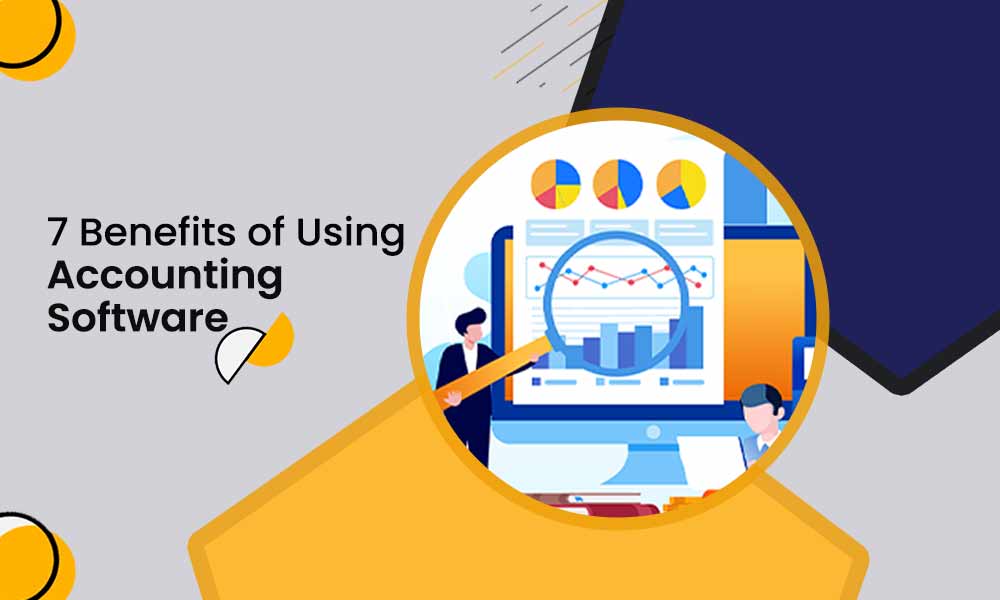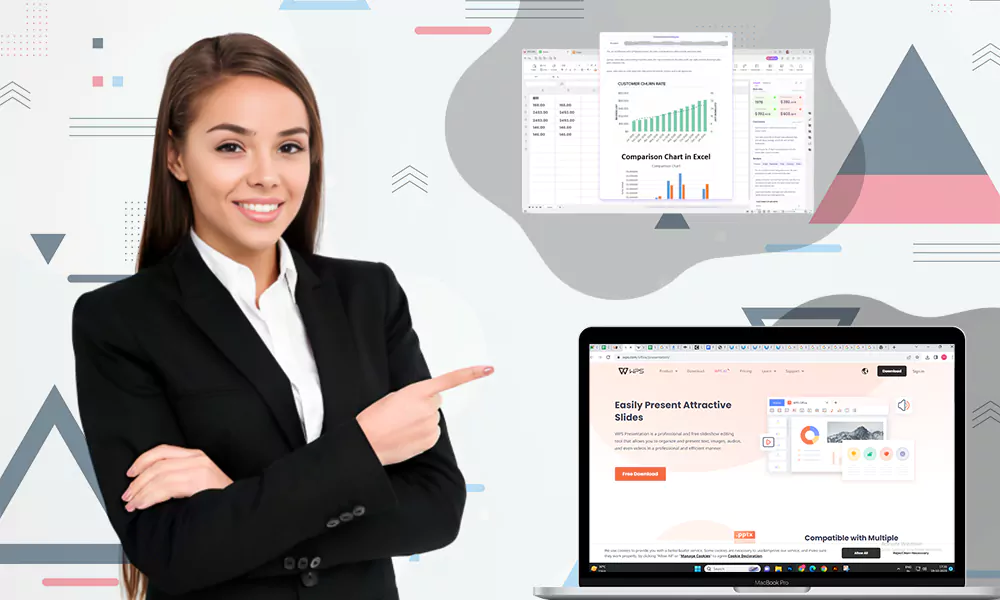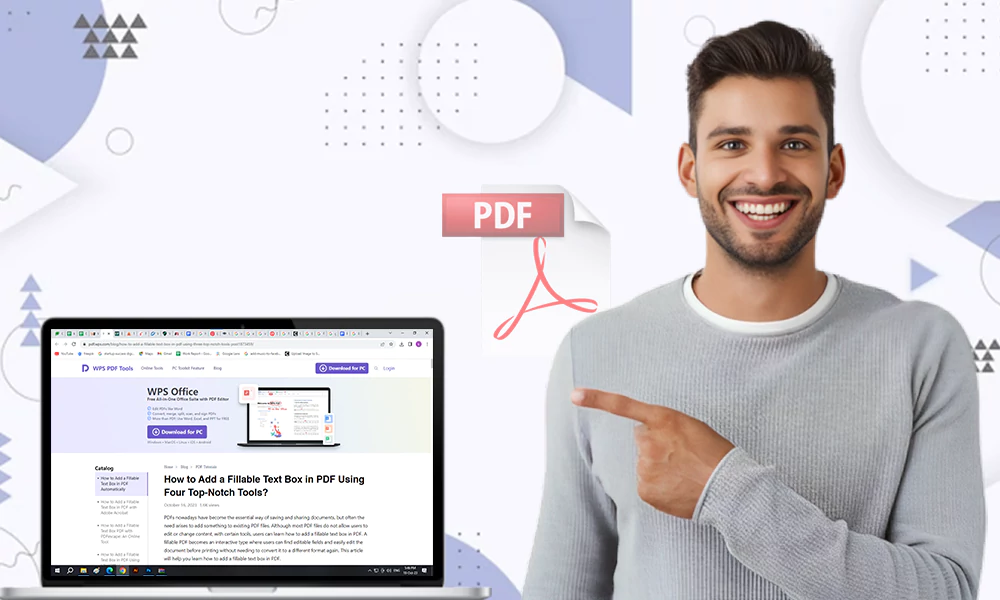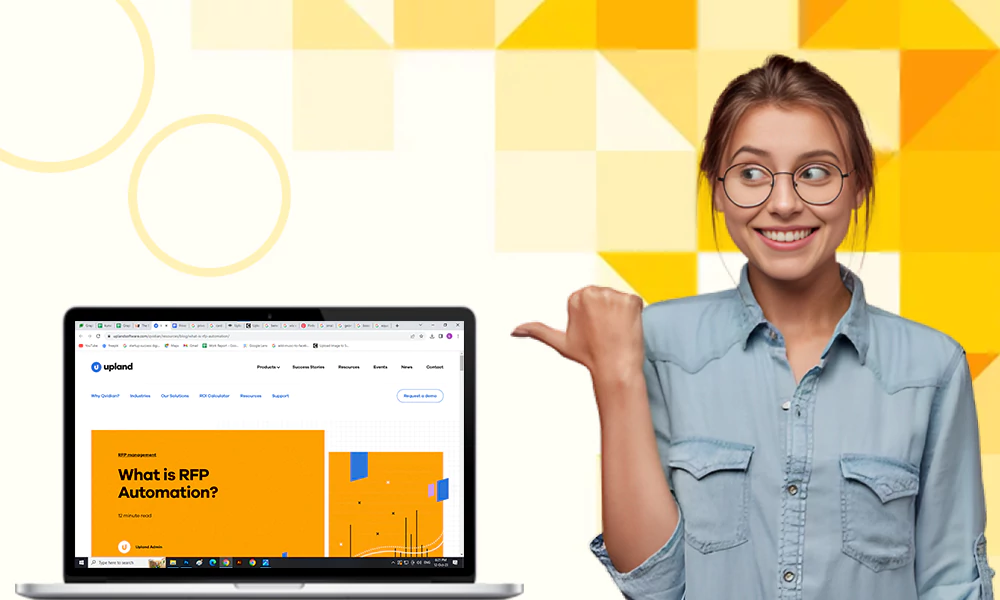7 Benefits of Using Accounting Software

As a business grows, employers need to monitor financial data to ensure everything runs smoothly. To gain a better understanding of their business operations, managers must have access to accurate, recent, and comprehensive financial information about their business. But how can you create accurate financial information? Well, that’s where accounting software plays an important role, making it easier to track payments and maintain financial records. To understand more, let’s examine some of the benefits of using accounting software for your business.
Improve Accuracy
With accounting software, you don’t have to worry about making mistakes in your calculations- the software does it for you! It eliminates human error and makes sure your results are accurate.
Accuracy is essential to accounting, so any method that allows you to produce accurate results consistently will be beneficial for your business. While software shouldn’t be relied upon solely, using it dramatically increases your chances of obtaining accurate results, whether you’re filing tax returns or processing client payments.
Improved Inventory and Asset Management
Accounting software includes inventory management tools that automatically update your available amount, how much has been sold, and how much needs to be restocked. It allows you to get accurate, up-to-date stock information without manually entering data.

Also, without any accounting software, asset management is a problematic task. Incorrectly recording assets can have a massive impact on depreciation and profit. Moreover, following recent changes to GASB 87, companies who lease assets need to learn more about GASB 87 and enlist the help of experts. However, if you use accounting software, you will receive a complete solution for keeping track of your assets more efficiently and accurately.
Tax Compliance
Filing taxes for your business can be confusing and complicated, particularly if you have trouble keeping track of your transactions. With accounting software, you can simplify the process by storing all your financial information in one place.
Tax return mistakes can result in thousands of dollars in penalties and corrections and are undoubtedly stressful for business owners. One seemingly insignificant error can have severe consequences. Due to this reason alone, accounting software generates a quick return on investment.
The process of filing taxes can be complicated, particularly if you don’t have all your financial information organized. Accounting software simplifies this process by storing all records, invoices, costs, statements, and transaction details in one place. Many software programs integrate with other business processes, making filing simple and automatic.
Save Money
We all know that time is money, and the ability of software to add efficiency reduces the overall cost of accounting. It allows your employees to do more at a given time, enabling you to keep fewer employees and avoid hiring more as your business grows, consequently reducing payroll and administrative costs.
While most of these systems require purchase, installation, and training, you’ll discover that your business’s long-term productivity and efficiency will more than compensate for the investment.

Beyond lowering overhead costs, the software may help you make more money. For example, it can help you identify your most profitable customers and avoid spending time and money on less profitable clients. With fewer hours spent on bookkeeping, you can examine other operations and find ways to reduce costs and increase profits.
Work Faster
For many businesses, money is not always the problem, but rather a lack of time. The amount of time spent on low-value, repetitive tasks, including updating Excel spreadsheets, writing weekly reports, and reviewing invoices, accumulates over time.
Computers are capable of performing certain tasks that humans cannot. While they cannot replace the value people add to your organization, they can significantly impact the accounting process. Implementing modern accounting software can immediately streamline your financial reporting and increase consistency.
It’s simple to access financial data with the system’s built-in reporting features. Automated accounting software creates reports and calculates key performance indicators faster than manually entering data into Excel. For example, you need figures on cash flow just before a meeting. Instead of manually generating a new report, you can access your system’s dashboard and create a professional, precise report with a few clicks.
Streamline Billing and Invoicing
Billing and invoicing are essential functions of any business and the primary source of cash flow. Invoice management on paper is inconvenient and time-consuming. With recurring orders, physical invoices are not feasible every time your client makes a purchase. Additionally, it is challenging to track invoices and remind customers about pending payments without an automated system.
Accounting software takes care of these issues effectively and provides easy-to-use invoicing features. You can set up recurring profiles for customer purchases and automatically send invoices when orders are placed. You may also add payment terms and conditions to inform your clients of payment terms.
Accounting software automates payment reminders. You can schedule reminders for invoice due dates, and your customers will receive them automatically. Moreover, with accounting software, you can keep track of unpaid invoices, ensure customers pay on time, and prevent accidental payments from being missed.
A Synchronized File System
Accounting is not a solitary activity. It interacts with other business processes, such as sales, purchases, banking, taxation, etc. Manually, if a transaction affects multiple processes, it must be recorded in various places to ensure that all relevant ledgers are updated.
With your company’s growth, administrative tasks, and accounting requirements increase and become more complicated. With software, changes made in one ledger are automatically updated. Moreover, you can access information from multiple sources to analyze computerized data quickly and easily. It is also easy to migrate data, as accounting software can synchronize online and offline data.
Additionally, some software offers real-time application updates, allowing you to see changes as they are made.
Key Features of Accounting Software
It is highly pertinent for businesses to keep up with the tech revolution. Accounting software is one step in that direction.

There are several key features of accounting software that must be present, to fulfill the business goals.
- It must be able to generate profit/loss statements, balance sheets, and cash flow statements.
- Accounting software must link to the bank accounts of the business for smooth transactions.
- It must be able to maintain a general ledger of the business.
- Accounting software must aid in employee payroll, time, and management of expenses.
- The software must have the feature of making vendor payments and managing inventories.
- The reconciliation feature ensures the money outflow matches the money spent.
Hence, the above features must be available in accounting software to help the business work faster and more efficiently.
Conclusion
Start-ups usually switch from spreadsheets to accounting software when the volume of transactions increases to the point where manual processing takes excessive time. Using accounting software relieves your team, minimizes human error, and facilitates scaling. Also, if your company starts to work through consultants and receives inbound requests frequently, you may want to consider switching to an accounting system. The best accounting software will allow you to present accurate, professional data to your clients.










